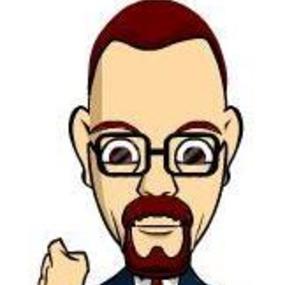Healthcare IT: Top Five Digital Trends Fueling Disruption in Healthcare - Accenture
Explore the five health technology trends that healthcare leaders should pay attention to as they shape the future of healthcare.
Healthcare IT is changing every day, and digital is driving the evolution. Accenture has identified five health technology trends that healthcare leaders should pay attention to as they shape the future of healthcare.
Digital-physical blur: Enabling location-independent care
The digital-physical blur enables location-independent care through healthcare IT. In fact, one Spanish hospital’s telehealth platform is reducing the cost per patient by 7 percent.
From workforce to crowdsource: Enabling new data sources for population management
Moving from workforce to crowdsource opens up a new world of data sources. One group of individuals self-organised a clinical trial to reveal that a relatively dangerous off-label drug did not deliver expected benefits.
Data supply chain: Putting information into circulation
The data supply chain puts information into circulation for powerful analysis. Texas Medical Center empowers its people to analyse complex big data sets through data visualisation and built-in statistical tools.
Harnessing hyperscale: Hardware is back (and never really went away)
Harnessing hyperscale means that hardware never really went away. Healthcare is data-intensive, and providers and payers need lower cost, higher speed healthcare IT solutions to store and share data.
Business of applications: Software as a core competency in the digital world
The business of applications will grow as software becomes a core competency in healthcare IT. Consumers increasingly want access to electronic health records and other shared platforms for decision making among patients and clinicians.
View the infographic to learn more about the technology trends that are disrupting healthcare.









Of course, there's some promotional intention behind this all. But still, Accenture points at 5 inspiring IT-trends relevant to the development of health care. Do reflect upon them regarding HealthIT. Read them!